Can state-owned enterprises do real estate business?
This morning, Chairman of the National Assembly's Economic and Financial Committee Phan Van Mai presented to the National Assembly a report on receiving, explaining and revising the draft Law on Management and Investment of State Capital in Enterprises.
The Standing Committee of the National Assembly assessed that the draft has institutionalized the guiding viewpoint of Resolution No. 12-NQ/TW, which is "State-owned enterprises operate according to market mechanisms, take economic efficiency as the main evaluation criterion, are autonomous, self-responsible, and compete equally with enterprises of other economic sectors according to the provisions of law".
Some opinions say that the regulation not allowing enterprises to do real estate business (Article 20) is inappropriate.
Mr. Mai said that the draft law does not prohibit state-owned enterprises from doing real estate business. However, this activity must be stated in the company charter, approved by the representative of state capital, to ensure that the enterprise complies with the industry orientation and limits investment outside the main field.
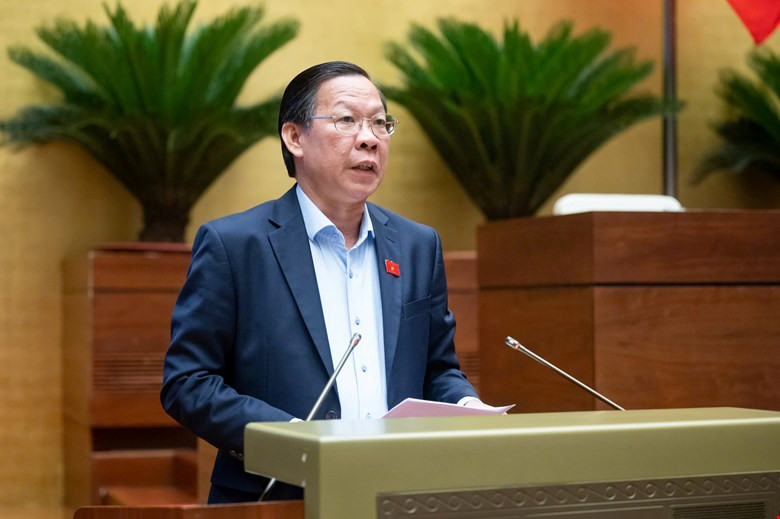
Mr. Mai said that not stipulating investment restrictions in the draft Law is to ensure compliance with the provisions of the Constitution, the Civil Code, and the Enterprise Law.
Regarding the provisions on leasing or exploiting real estate in enterprises, at Point d, Clause 2, Article 20 of the draft, the board of members (BOD) or the company chairman decides to lease, mortgage, pledge assets, sell fixed assets with an investment capital of no more than 50% of the owner's equity, or no more than 50% of the owner's investment capital in case the enterprise is at a loss, recorded on the quarterly financial report or annual financial report of the enterprise at the time closest to the time of deciding on the project but not exceeding the specific level according to the Government 's regulations.
In case the value of leased, mortgaged, pledged, or sold fixed assets is greater than this level, the Board of Directors or the company chairman shall decide to invest after reporting to the owner's representative agency for comments on the purpose, investment level, capital source, and implementation time of the investment project.
Discussing at the conference hall, regarding the post-tax provision, delegate Trinh Xuan An (Dong Nai) proposed a special mechanism allowing specific enterprises to retain all post-tax profits, especially those enterprises implementing key projects requiring large capital expenditures.
Mr. An also proposed not to apply criteria for evaluating, preserving, and developing capital to enterprises performing research and production tasks serving national defense and security tasks.
However, clarifying some contents, Minister of Finance Nguyen Van Thang (representative of the drafting agency) said: "In order to attach responsibility to the head and representative of state capital in enterprises, the draft law stipulates that the assessment results are the basis for considering appointment, introduction, hiring, reappointment, acceptance of resignation, dismissal from office, and termination of contract.
At the same time, the evaluation and classification results are the basis for paying welfare benefits to employees at the enterprise and rewarding them according to regulations."
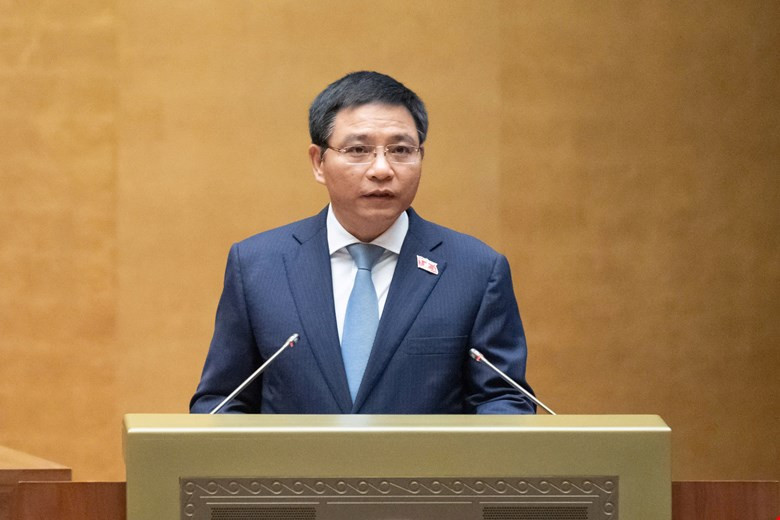
The state only manages the capital contribution in the enterprise.
Speaking on the draft, delegate Phan Duc Hieu, standing member of the Economic and Financial Committee, cited the law as stipulating that regardless of whether an investor has contributed money/assets to an enterprise, the ownership of that money/assets must be transferred to the enterprise.
At that time, the investor only owns shares of the enterprise. When wanting to sell the assets contributed to the enterprise, the investor can only sell the capital contribution in the enterprise.
“The State does not own assets or capital after contributing capital to an enterprise, but only owns shares representing the capital contribution,” noted delegate Hieu. He also proposed adding the concept of state capital invested in an enterprise, which must be clearly defined as the capital contribution in the State’s ownership ratio in the enterprise.
Regarding the form of state capital investment in enterprises, the draft only stipulates the case where the State buys shares and capital contributions together with other investors in an operating enterprise, but does not stipulate the case where the State contributes capital together with other investors to establish a completely new enterprise. Therefore, delegate Hieu proposed to add more regulations on this case.
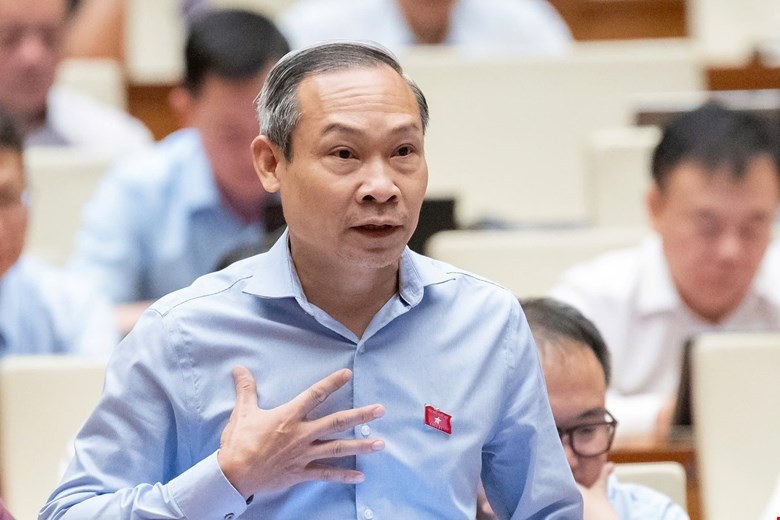
Article 20 of the draft regulates investment activities of enterprises. However, enterprise activities also include production, business, and purchase and sale of goods.
“So from now on, all production and business activities of enterprises must be established as investment projects? This will be very difficult for enterprises when they have dozens, hundreds of transactions every day. Therefore, it is necessary to clearly state which activities must establish investment projects. I suggest carefully reviewing the draft to avoid creating unnecessary procedures,” said Mr. Hieu.
In response, Minister Nguyen Van Thang said that the fundamental change of the law is that the State exercises rights and obligations corresponding to the capital ownership ratio in the enterprise, equally with other investors, and does not directly intervene in the production and business activities of the enterprise.
Accordingly, instead of managing enterprises with State capital contributions, the new law only regulates the management of the State's capital participation in enterprises.
“When contributing capital, the State must respect the enterprise, the contributed capital is the enterprise’s asset. The law also enhances the autonomy, self-responsibility of enterprises, and equal competition,” Minister Thang affirmed.
Delegate Nguyen Thi Thu Ha (Quang Ninh) proposed to separate into two types of enterprises: Enterprises developing science and technology - innovation - national digital transformation applying high technology; Enterprises making large investments, building important national infrastructure projects, creating rapid development momentum for industries, fields and the economy. Meanwhile, delegate Le Thi Thanh Lam (Hau Giang) pointed out that there are enterprises that have not seriously implemented information disclosure, which reduces the effectiveness of social supervision of SOEs, especially enterprises providing essential services to the people. Therefore, the delegate suggested that the drafting committee add more regulations on enterprises' information disclosure obligations. |
Source: https://vietnamnet.vn/bo-truong-tai-chinh-nha-nuoc-chi-quan-ly-phan-von-gop-vao-doanh-nghiep-2400612.html


![[Photo] Prime Minister Pham Minh Chinh chairs meeting on draft Resolution of National Assembly on International Financial Center in Vietnam](https://vphoto.vietnam.vn/thumb/1200x675/vietnam/resource/IMAGE/2025/5/22/d398664ff1a140629169ea5a24e1b4d0)

![[Photo] General Secretary To Lam chairs a working session with the Central Internal Affairs Commission](https://vphoto.vietnam.vn/thumb/1200x675/vietnam/resource/IMAGE/2025/5/22/3b7790f499da45b2803d8ae253207ef1)
![[Photo] T&T 1 and Ho Chi Minh City 1 People's Police Teams won the men's and women's team championships](https://vphoto.vietnam.vn/thumb/1200x675/vietnam/resource/IMAGE/2025/5/22/39db06ae67cb4001b7a556e8d9a56d07)

![[Photo] Press delegation meeting to visit Truong Sa and DK1 Platform](https://vphoto.vietnam.vn/thumb/1200x675/vietnam/resource/IMAGE/2025/5/22/6b8d232877ec421a9e8187d83b9f8006)
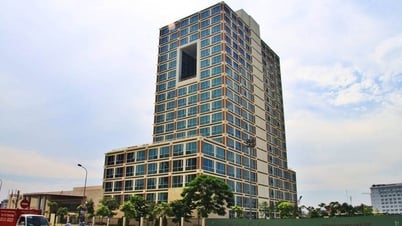

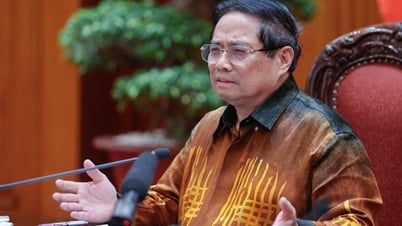















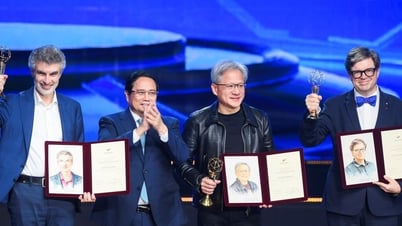
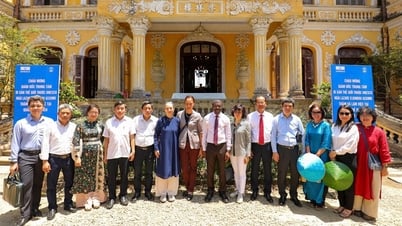









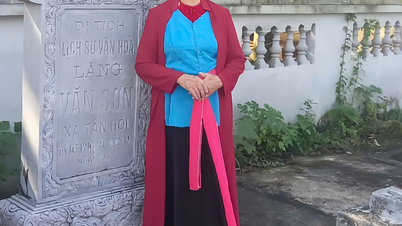













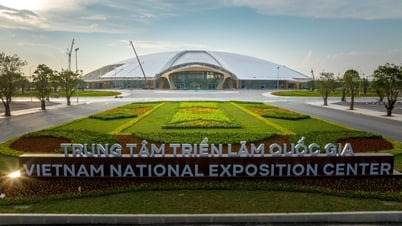
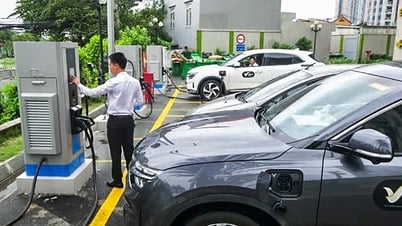







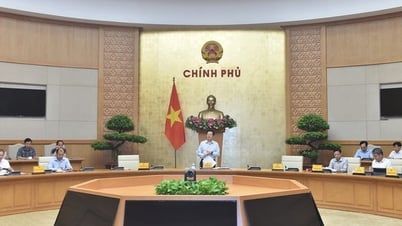

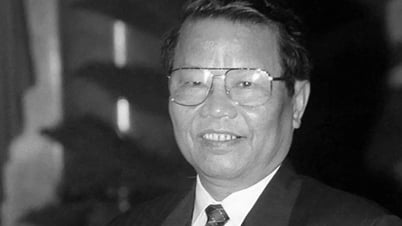
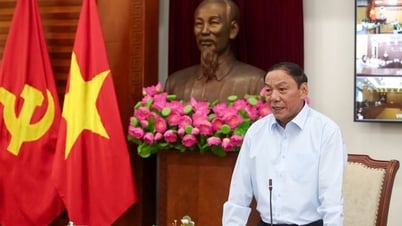
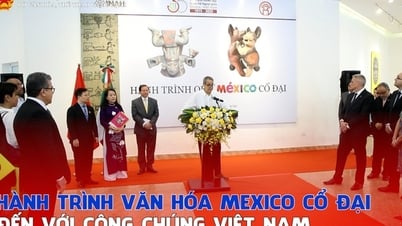





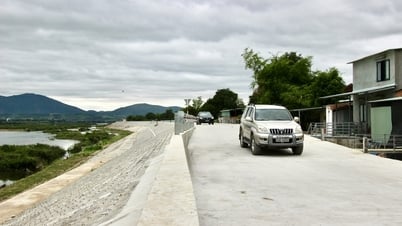



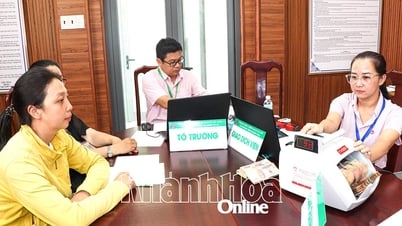
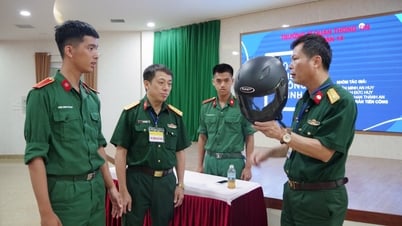
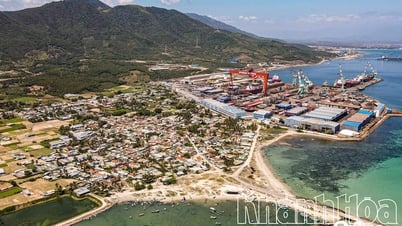




![[Podcast] Week introducing more than 500 OCOP products in Hanoi](https://vphoto.vietnam.vn/thumb/402x226/vietnam/resource/IMAGE/2025/5/22/d144aac2416744718388dbae3260e7fd)





Comment (0)